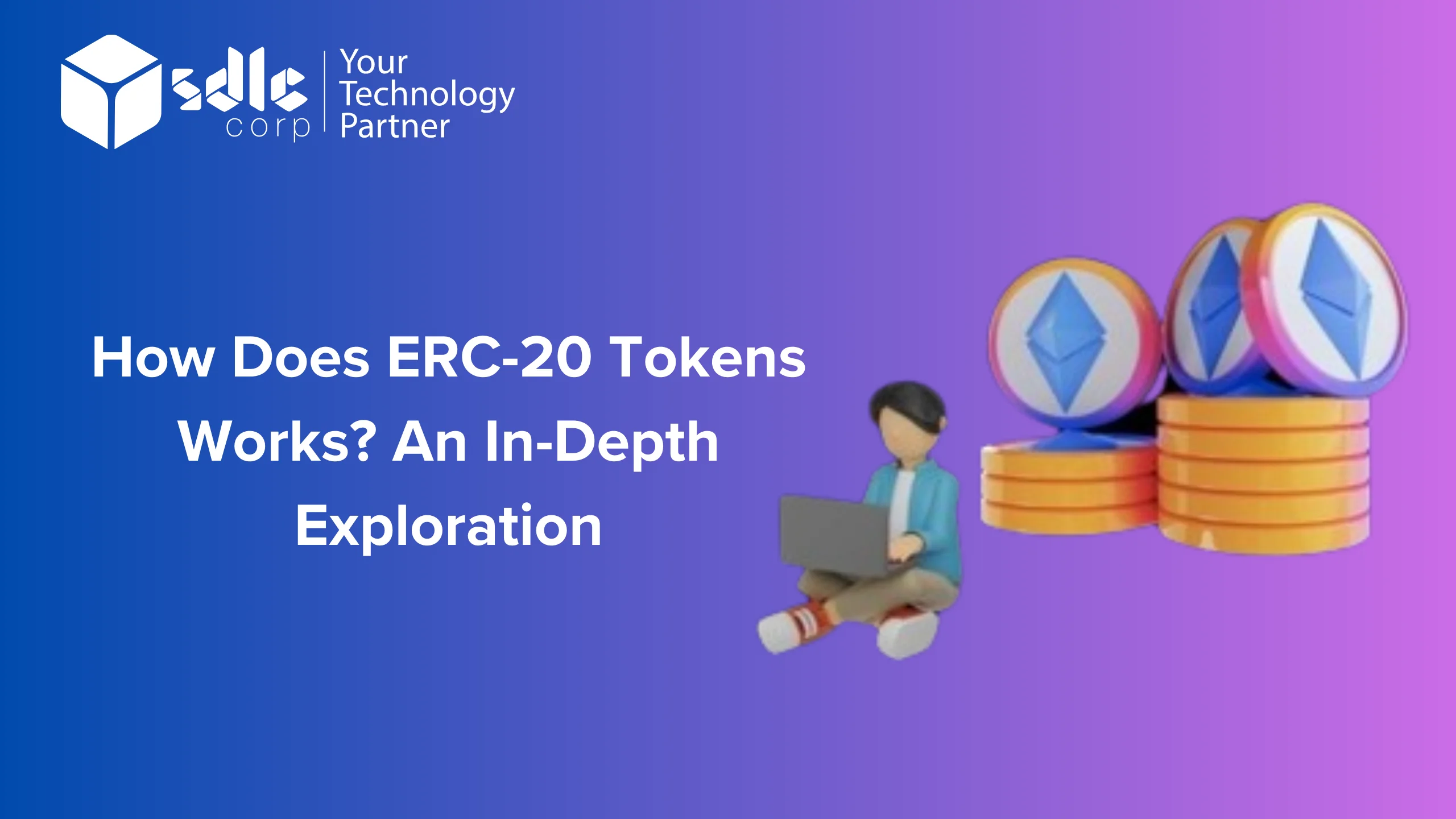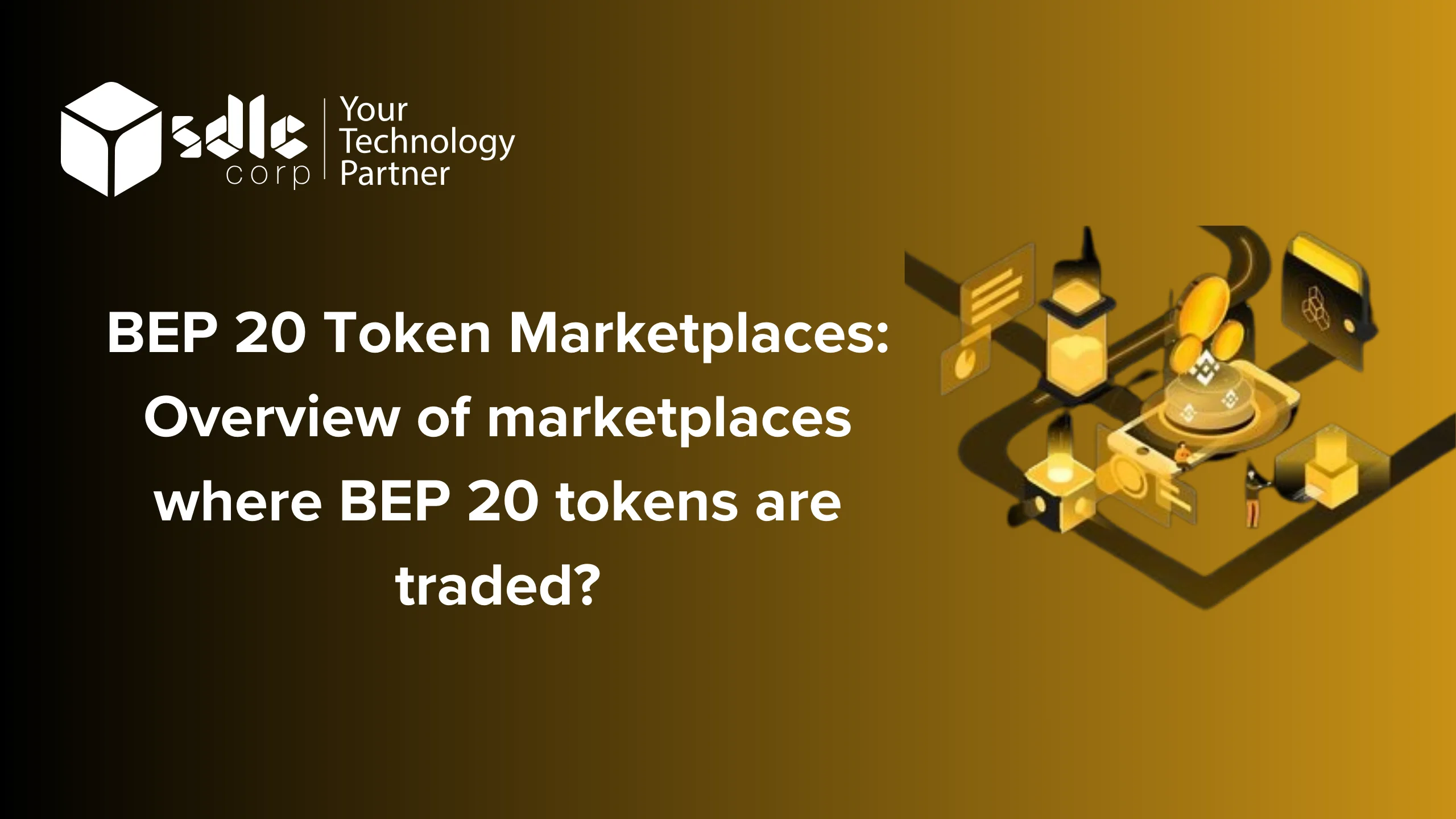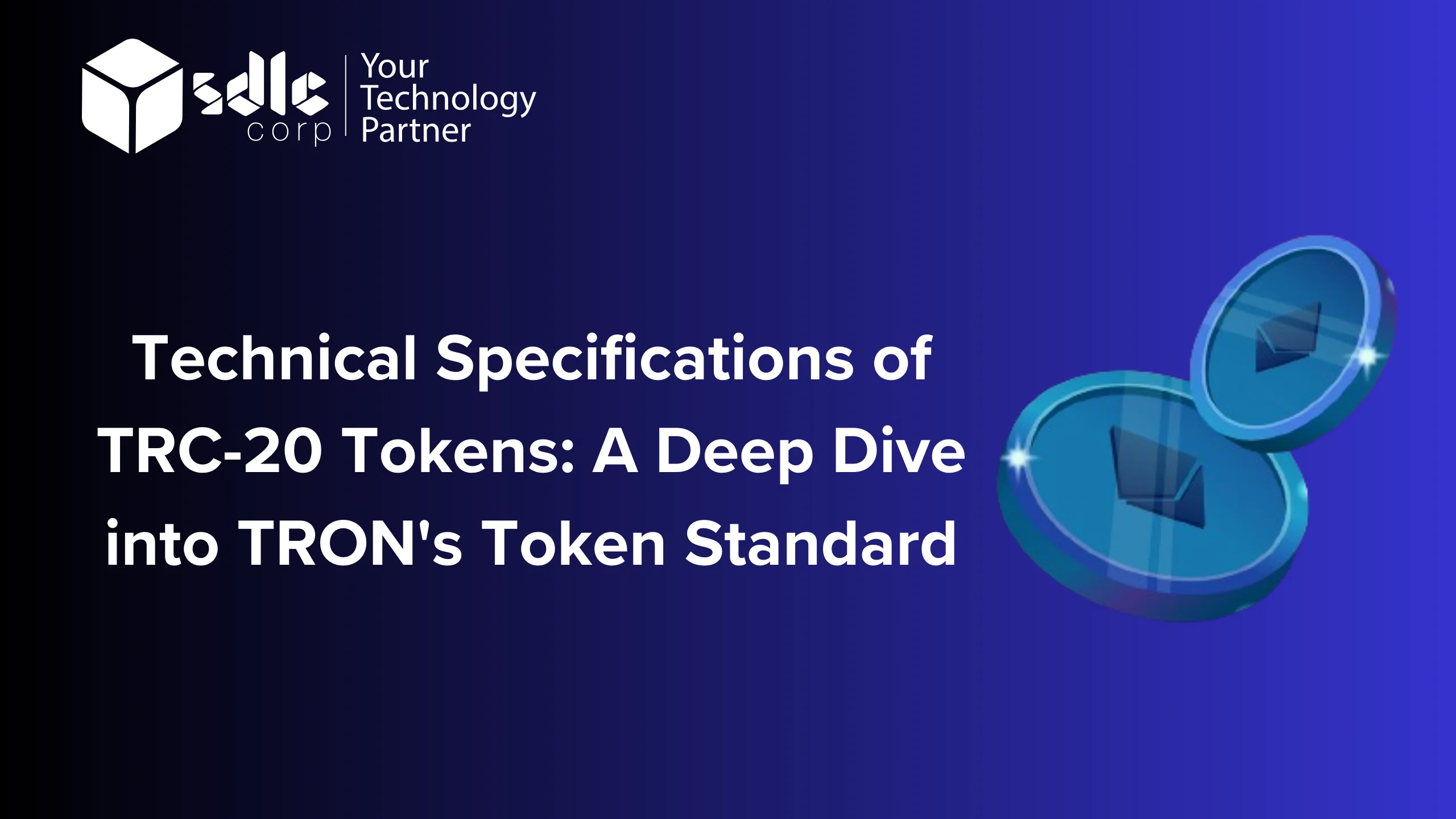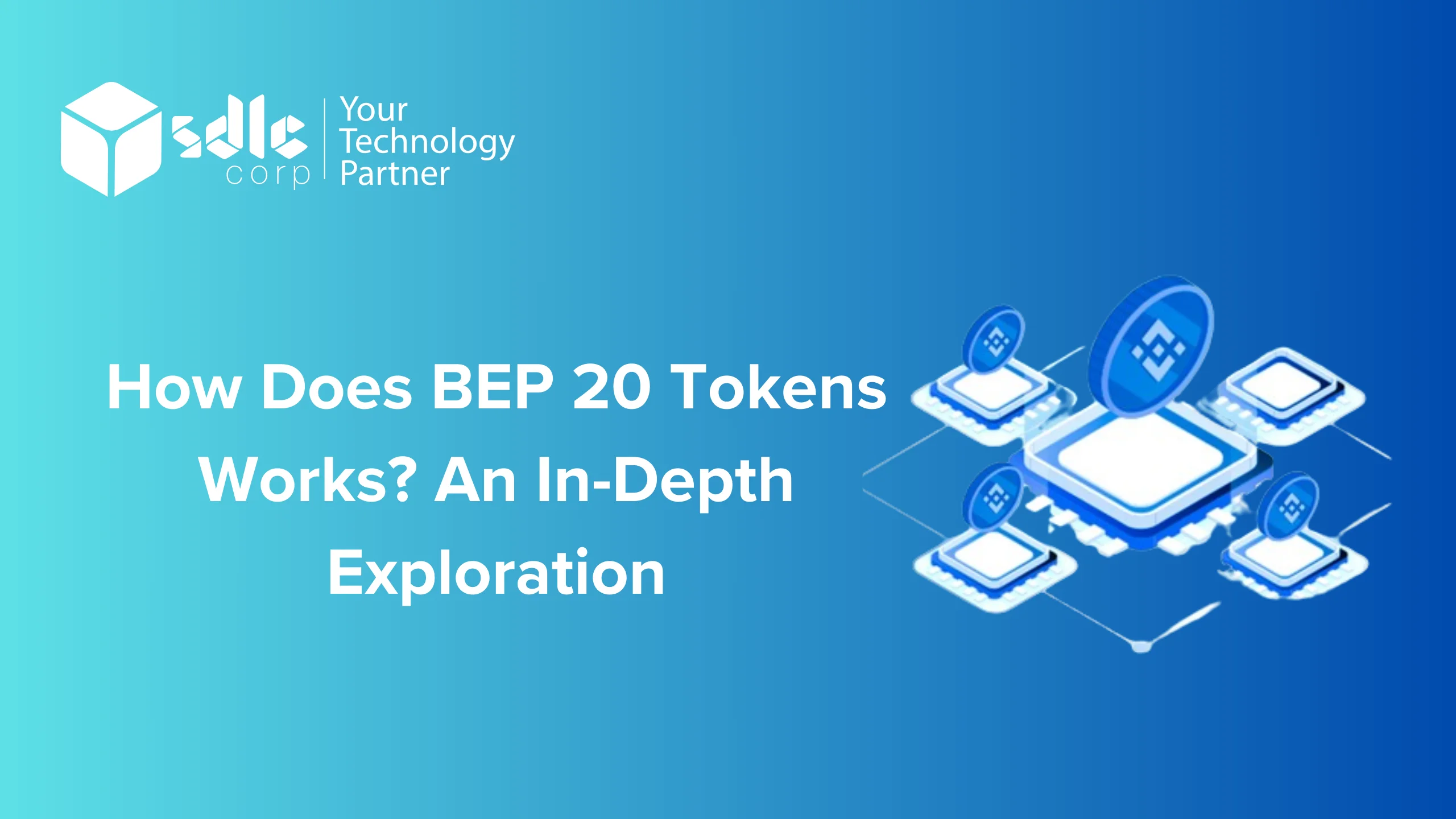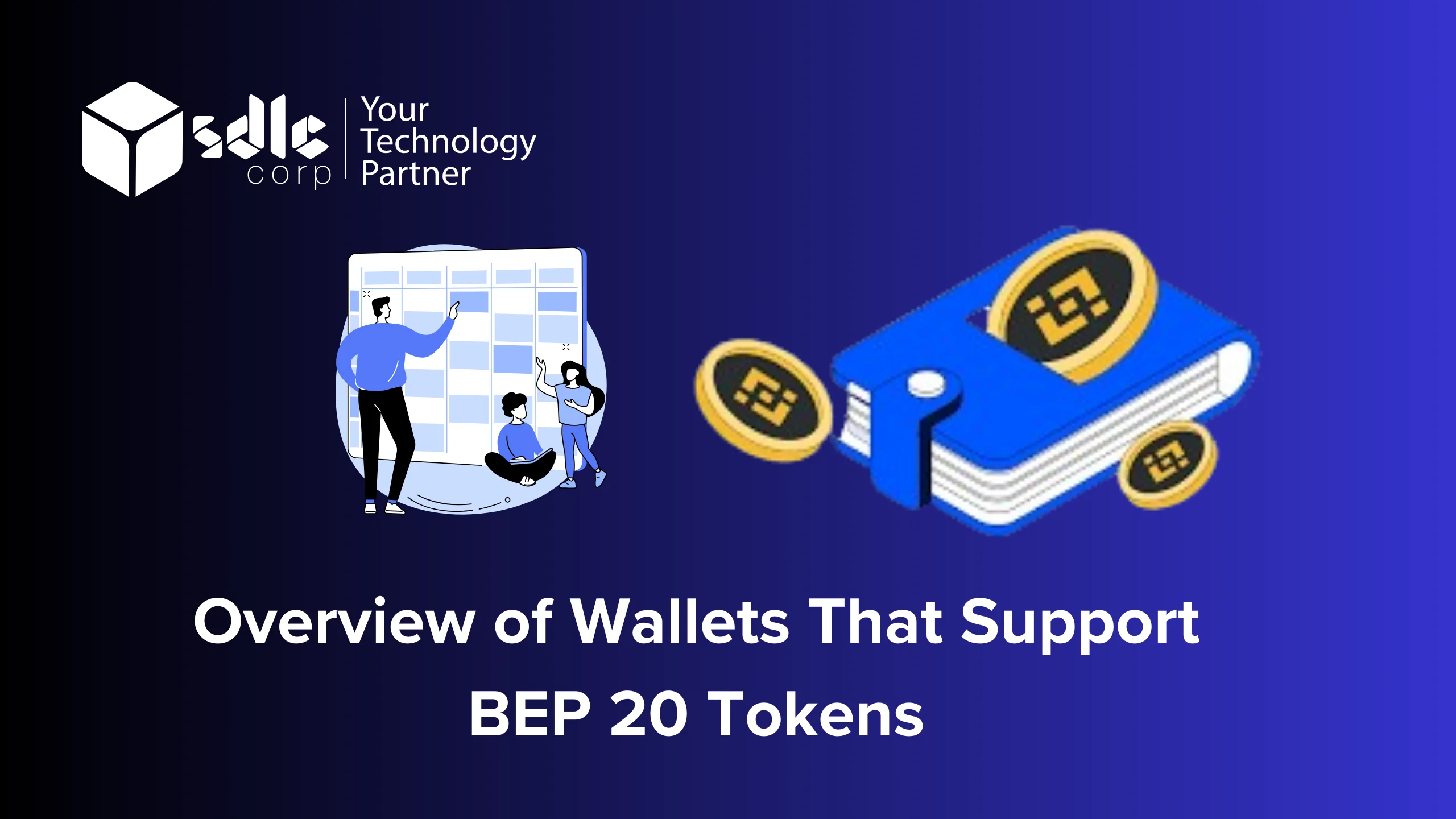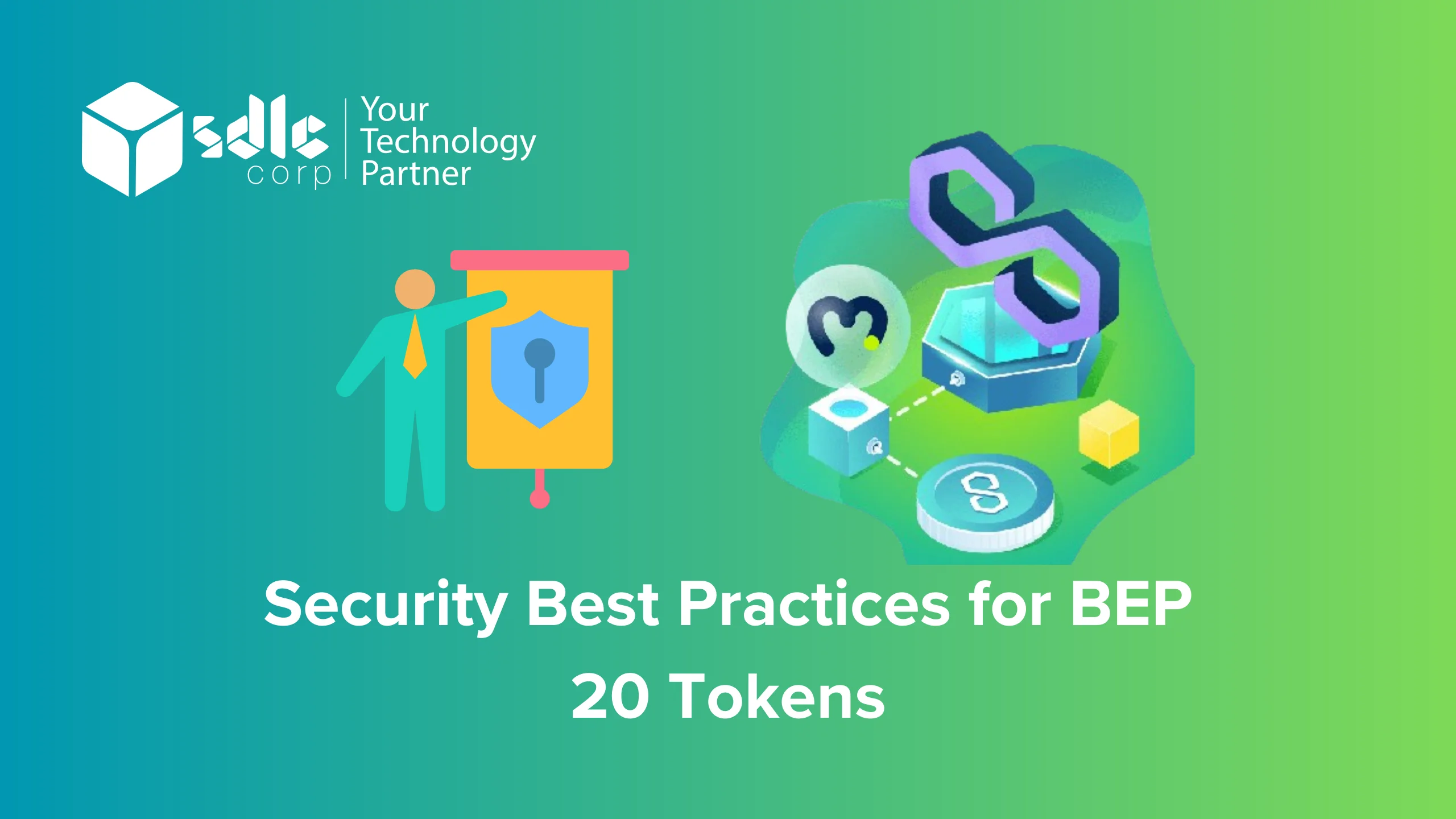Introduction
Token standards in blockchain offer a structured framework for creating and managing digital assets within decentralized ecosystems. Understanding how these standards operate is essential for comprehending their profound impact on blockchain technology, applications, and the broader digital economy. This article delves into the mechanics of token standards, exploring their key components and operational principles that govern functionality.
By defining protocols for token creation, transferability, and interoperability across platforms, these standards ensure consistency, security, and innovation in decentralized finance, digital collectibles, and beyond, shaping the future of digital asset management and blockchain-based applications. Discover the benefits of ERC20 tokens and their role in this evolving landscape.
What are Token Standards?
Token standards are technical specifications or protocols that define the rules and functionalities governing tokens on blockchain networks. They ensure consistency, interoperability, and security across various applications and platforms. By establishing guidelines for token creation, issuance, transferability, and interaction with smart contracts, token standards enable seamless integration within decentralized applications (dApps) and blockchain ecosystems.
These standards facilitate reliable and efficient token operations, promoting widespread adoption and enhancing user experience. Key examples include Ethereum’s ERC-20 and Binance Smart Chain’s BEP-20, both of which have significantly contributed to the growth and functionality of their respective blockchain networks.
Key Components of Token Standards
Token Type Definition:
Token standards categorize tokens based on their fungibility and intended use. For instance, ERC-20 tokens are fungible and interchangeable, suitable for currencies and utility tokens, while ERC-721 tokens are non-fungible and unique, ideal for digital collectibles and assets.
Token Contract Interface:
Each token standard specifies a predefined set of functions and events a token contract must implement. These functions include essential operations such as token transfers, balance inquiries, approval mechanisms for delegated transfers, and metadata retrieval. Standardizing these interfaces ensures compatibility and interoperability across different applications and platforms.
Smart Contract Integration:
Tokens are deployed as smart contracts on blockchain networks. Token standards dictate how these smart contracts interact with the blockchain, ensuring secure and reliable token operations. This integration includes managing token issuance, transfers, and interactions with other smart contracts within the decentralized application (dApp) ecosystem.
Metadata and Properties:
Many token standards incorporate metadata attributes such as name, symbol, decimals (for divisible tokens), and additional properties. These metadata elements provide crucial context and functionality to tokens, aiding their identification, usage, and integration into various applications and user interfaces.
Secure Your Future with ERC-20 Tokens Just @ $5000

Operational Principles of Token Standards
- Creation and Issuance: Developers create token contracts according to the specified token standard, defining parameters such as supply, divisibility, and initial distribution.
- Token Transfers: Tokens adhere to standard transfer functions that facilitate peer-to-peer transfers between addresses on the blockchain. Transfer functions ensure security and prevent double-spending.
- Interaction with Smart Contracts: Tokens can interact with other smart contracts, enabling complex functionalities such as token swaps, staking mechanisms, decentralized exchanges (DEXs), and integration with decentralized finance (DeFi) protocols.
- Standards Compliance: Compliance with token standards ensures that tokens are compatible with wallets, exchanges, and other blockchain services that support the standard. This interoperability enhances token liquidity and usability within the ecosystem.
Examples of Token Standards in Action
- ERC-20: Used for fungible tokens, such as stablecoins (e.g., USDT, DAI), utility tokens, and tokens used in ICOs and crowdfunding.
- ERC-721: Supports non-fungible tokens (NFTs) representing unique assets like digital art, collectibles, virtual real estate, and in-game items.
- ERC-1155 combines fungible and non-fungible token capabilities in a single contract, suitable for efficiently managing multiple token types.
Advantages of Token Standards
Interoperability:
- Tokens adhering to standards can seamlessly interact with diverse blockchain applications, wallets, and exchanges. This interoperability enhances liquidity and usability, as tokens can be easily integrated and traded across different platforms and ecosystems, fostering a vibrant and interconnected digital economy.
Security:
- Standardized token functionalities and contract interfaces are crucial in enhancing security. By defining clear guidelines for token creation, transfer, and storage, token standards mitigate risks associated with vulnerabilities and ensure robustness against malicious attacks. This fosters trust among users and stakeholders in the reliability and integrity of tokenized assets.
Innovation:
- Token standards stimulate innovation by providing a structured framework for developers to create and deploy various token types. From cryptocurrencies and stablecoins to unique digital collectibles and tokens representing real-world assets, developers can leverage these standards to build diverse and specialized tokens tailored to specific use cases.
This flexibility encourages experimentation and drives the evolution of decentralized applications (dApps) across industries, expanding the potential applications of blockchain technology.
defi token development services

Conclusion
Token standards are crucial for the operation and expansion of blockchain ecosystems, enabling secure and standardized creation, management, and exchange of digital assets. Adherence to these standards empowers blockchain applications to utilize tokenization, driving innovation and industry transformation globally fully. Understanding ERC-20 token governance and the mechanics of token standards is essential for developers, businesses, and users alike, providing the knowledge to effectively leverage blockchain technology for decentralized applications and digital asset management. By establishing clear asset handling and interaction protocols, these standards foster reliability, interoperability, and the continual evolution of decentralized finance and other blockchain-driven sectors.
At SDLC CORP, we specialize in comprehensive crypto token development services tailored to meet the diverse needs of blockchain projects. Our expertise spans across various facets of tokenization, ensuring robust solutions that align with industry standards and client objectives.
We offer end-to-end solutions for creating custom crypto tokens that cater to specific functionalities and use cases within blockchain ecosystems. Whether it’s utility tokens for access and rewards, governance tokens for decentralized decision-making, or asset-backed tokens for stability and value representation, our team leverages cutting-edge technology to deliver secure and scalable token solutions.
Our NFT token development services empower clients to tokenize unique digital assets, including art, collectibles, and virtual real estate, on blockchain platforms. We ensure seamless integration of smart contracts and metadata standards, enabling verifiable ownership and provable scarcity for digital collectibles and assets.
SDLC CORP excels in DeFi token development, offering solutions that drive innovation in decentralized finance. From yield farming tokens to governance tokens for DeFi protocols, we facilitate secure token creation and integration with DeFi platforms, enhancing liquidity, yield generation, and decentralized governance.
Our stablecoin development services focus on creating stable digital assets pegged to fiat currencies or commodities. We ensure regulatory compliance and stability mechanisms, facilitating seamless transactions, hedging against market volatility, and promoting wider adoption of blockchain-based financial solutions.
SDLC CORP offers expert tokenomics consulting to optimize token design, distribution strategies, and economic models. We provide in-depth analysis and strategic guidance to enhance token utility, value proposition, and ecosystem sustainability, helping clients achieve their long-term goals in the competitive crypto market.
SDLC CORP specializes in Security Token Offering (STO) development services, offering expert consultancy to optimize the design, distribution strategies, and economic models of security tokens. We provide comprehensive analysis and strategic guidance to enhance token utility, strengthen value propositions, and ensure sustainability within the regulatory framework. Our tailored solutions assist clients in achieving their long-term objectives in the competitive landscape of security token offerings, empowering them to navigate complexities and capitalize on opportunities in the evolving digital securities market




